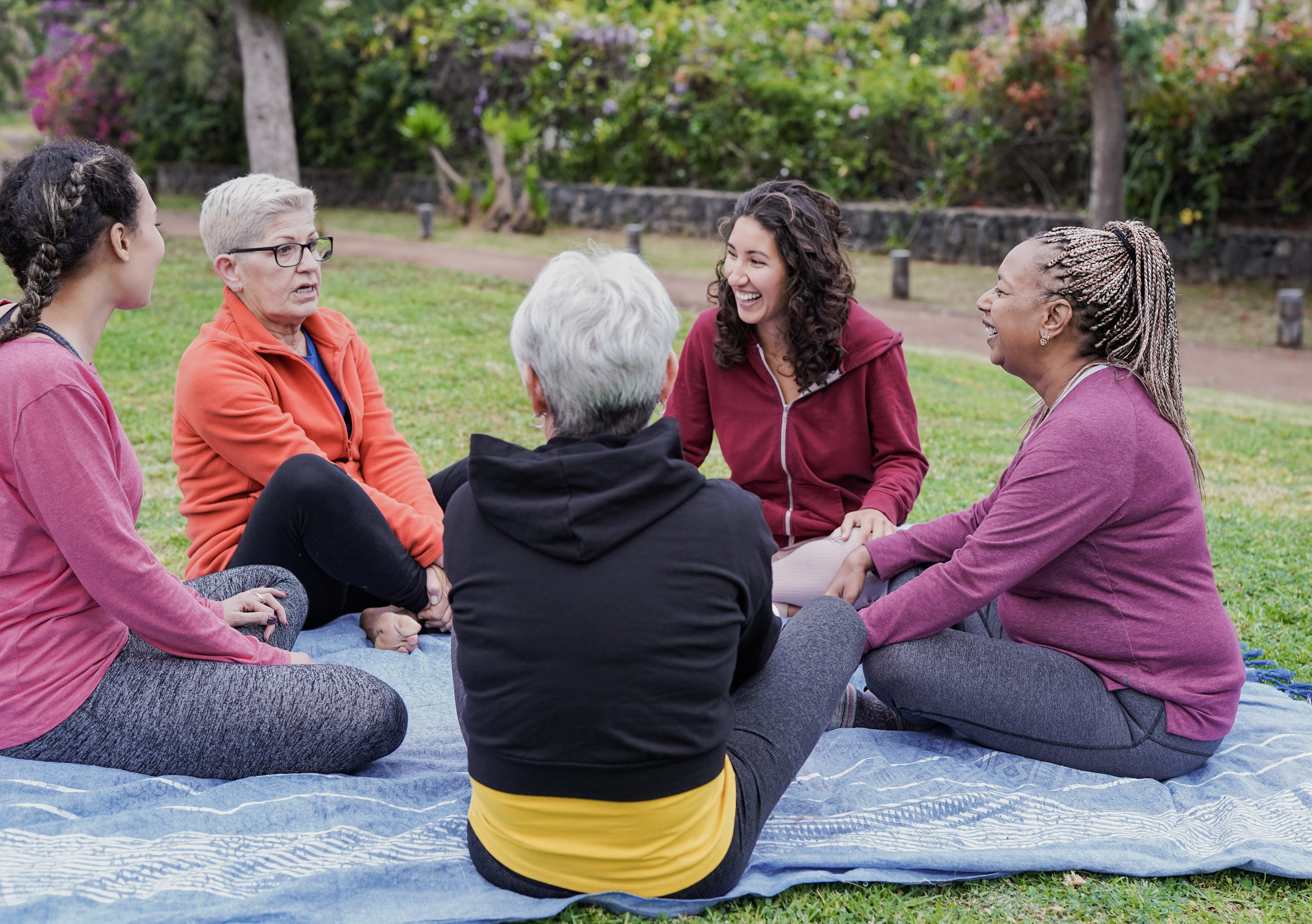
Sad young woman sitting on the window
Unmasking Emotional Pain: The Hidden Catalyst Behind Addiction
Forget everything you think you know about addiction recovery. Beneath the surface of compulsive behaviors lies a hidden force—emotional pain. This unspoken burden often drives the cycle of addiction, trapping you in a battle with yourself. But what if you could break free? Imagine embracing a path that heals at the core, restoring your self-worth without labels or judgment. Dive into how the VK Circle approach offers a unique, non-clinical journey to emotional healing and discover a future filled with hope and self-acceptance. Learn more about the roots of addiction here.## Emotional Pain’s Role in Addiction

Understanding the roots of addiction is essential for effective recovery. Emotional pain often goes unnoticed but plays a significant role in developing compulsive behaviors. By recognizing and addressing these hidden triggers, one can begin to break free from the cycle of addiction.
Recognizing Hidden Emotional Triggers
Emotional triggers are profound, often lurking beneath the surface, fueling compulsive behaviors. Recognizing these triggers involves a deep introspection into one’s emotions and past experiences. Many individuals fail to acknowledge the emotional pain they carry, which can lead to a persistent cycle of addiction.
Consider the example of someone who turns to substances to numb the pain from past trauma. The emotional trigger, in this case, may be an unresolved experience that continually fuels their addiction. By identifying these triggers, individuals can begin to understand their emotional landscape and make strides towards healing.
For those struggling, resources such as the SAMHSA National Helpline offer guidance and support. Identifying emotional triggers is the first step in unraveling the complex web of addiction and starting a path toward recovery.
Breaking the Cycle of Compulsive Behaviors
Breaking free from compulsive behaviors requires more than sheer willpower. It’s about understanding the underlying emotional pain and addressing it directly. This process can often feel overwhelming, but it’s crucial for lasting recovery.
Identify the behavior and its emotional roots.
Acknowledge the emotional pain without judgment.
Seek professional support to guide the healing process.
For many, this cycle is deeply ingrained, and disrupting it requires a strategic approach. Studies have shown that addressing emotional pain can significantly reduce compulsive behaviors (source).
Breaking the cycle involves continuous effort and the willingness to confront difficult emotions. With proper support and understanding, individuals can achieve emotional healing and reclaim control over their lives.
Healing Through the VK Circle Approach

The VK Circle approach offers a unique path to recovery by focusing on emotional healing without clinical intervention. This method integrates traditional wisdom with modern coaching practices, providing a comprehensive framework for individuals seeking a non-clinical approach to overcoming addiction.
The Power of Non-Clinical Coaching
Non-clinical coaching, such as the VK Circle approach, emphasizes personal empowerment and self-awareness. This approach is distinct from traditional clinical methods, focusing instead on the individual’s emotional journey.
By fostering a supportive environment, non-clinical coaching enables individuals to explore their emotions without fear of judgment. This environment encourages openness and vulnerability, essential for effective healing.
Real-world examples illustrate the success of this approach. Many have found that non-clinical coaching offers a refreshing perspective, allowing them to address their emotional pain more effectively. McLean Hospital provides insights into how alternative approaches can complement traditional addiction treatment methods.
Heal Your Life® Methodology Explained
The Heal Your Life® methodology is a cornerstone of the VK Circle approach, offering a structured path to emotional healing. This method emphasizes self-love and acceptance as critical components of recovery.
Self-reflection: Encourage introspection to identify emotional pain.
Affirmations: Use positive affirmations to build self-worth.
Guided support: Work with a coach to navigate emotional challenges.
The Heal Your Life® methodology empowers individuals to take control of their healing journey. By promoting self-awareness and compassion, this approach makes lasting recovery possible. For more insights into emotional healing and addiction, enlightened recovery offers valuable resources.
Path to Emotional Freedom

Embracing emotional freedom means reclaiming your self-worth and accepting yourself fully. This process is transformative, allowing individuals to move beyond addiction and live a life filled with hope and possibility.
Reclaiming Self-Worth and Acceptance
Reclaiming self-worth is about recognizing your value beyond addiction. It’s about accepting yourself and understanding that you deserve a life free from the shackles of compulsive behaviors.
Affirmations play a crucial role in rebuilding self-worth.
Self-compassion allows for healing past wounds.
Support networks provide encouragement and understanding.
By focusing on these areas, individuals can begin to see themselves in a positive light and embrace the journey toward self-acceptance. RACNJ highlights the importance of self-worth in overcoming addiction.
Starting Your Healing Journey Today 🌟
Starting your healing journey is a courageous step toward emotional freedom. It involves a commitment to self-discovery and healing, supported by tools and resources designed to facilitate growth.
Reach out for a free consultation with VK Circle to explore non-clinical coaching.
Participate in the 90-day Emotional Freedom Program.
Join a community of like-minded individuals seeking healing.
This journey is personal and transformative, offering a path to a life of fulfillment and peace. For those ready to start, take the first step towards emotional freedom today. 🌟



